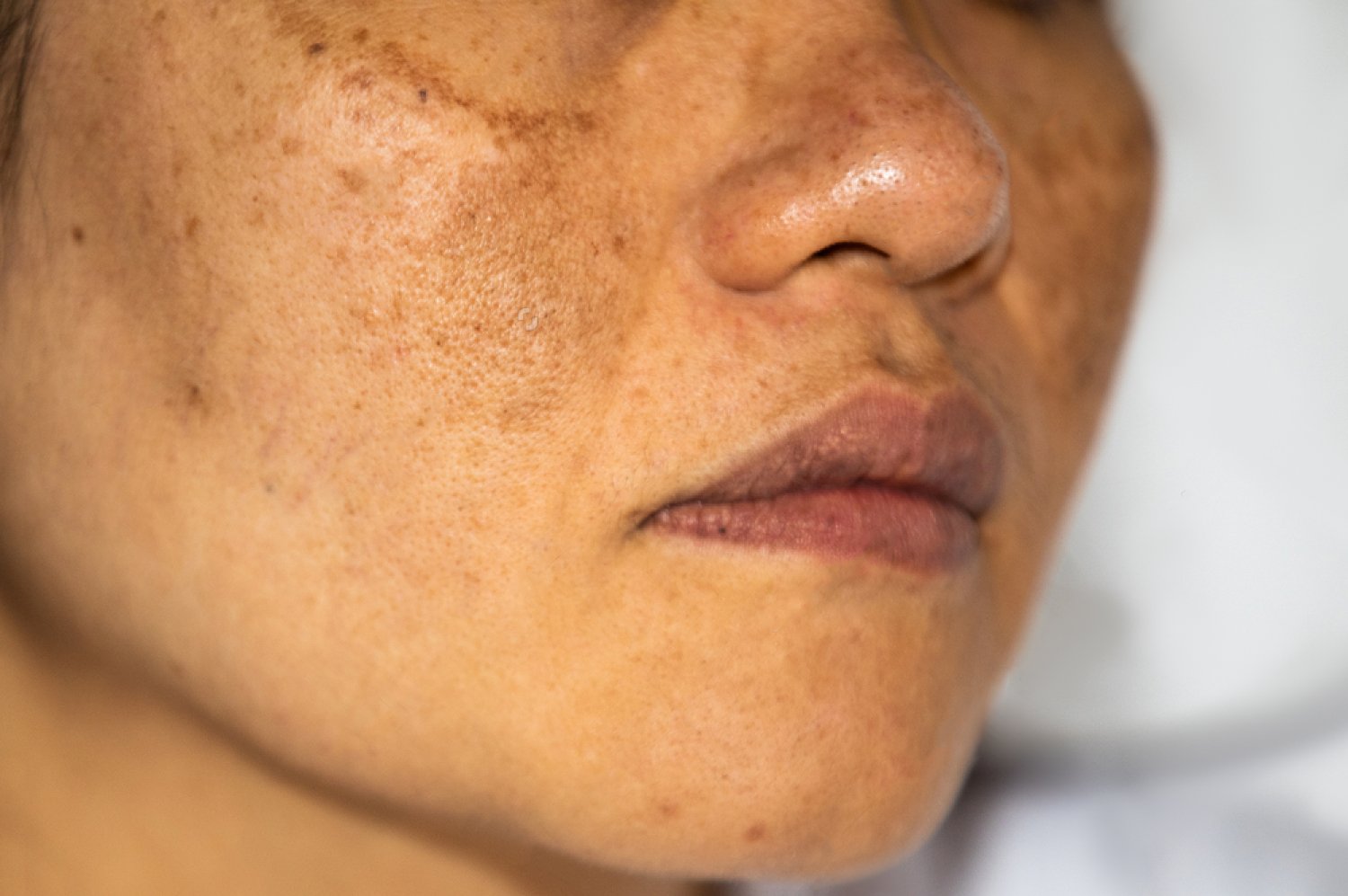Public health plays a crucial role in ensuring that people stay healthy and receive the necessary medical attention. One of the most important aspects of public health is Primary Care Doctor, who serve as the first point of contact for patients. These doctors help diagnose, treat, and prevent illnesses before they become severe. Over the years, the role of primary care in public health has grown significantly, making healthcare more accessible and efficient.
What is Primary Care?
Primary care refers to the general healthcare services that people receive for common medical issues. It includes preventive care, routine check-ups, treatment for minor illnesses, and management of chronic conditions. Primary care providers include doctors, nurse practitioners, and physician assistants who work closely with patients to maintain their health.
Why is Primary Care Important?
Primary care is essential because it helps detect health problems early, reducing the risk of severe diseases. It also provides continuous care, meaning patients receive treatment and guidance throughout their lives. This system ensures better health outcomes and lowers medical costs by preventing expensive hospital visits.
The Role of Primary Care in Preventive Health
One of the main goals of primary care is prevention. Doctors educate patients about healthy lifestyles, vaccinations, and screenings. They help identify risk factors for diseases such as diabetes, high blood pressure, and heart conditions. By addressing these risks early, primary care reduces the burden on hospitals and emergency services.
Primary Care and Chronic Disease Management
Many people suffer from long-term illnesses such as diabetes, asthma, and arthritis. Primary care doctors play a key role in managing these conditions by providing regular check-ups, adjusting medications, and offering lifestyle advice. Patients with chronic diseases benefit from having a trusted healthcare provider who monitors their progress and makes necessary changes to their treatment plans.
Improving Access to Healthcare Through Primary Care
Primary care makes healthcare more accessible, especially in rural and underserved areas. Many communities lack large hospitals, but they have primary care clinics where people can get basic medical help. This system ensures that more people receive the care they need without traveling long distances or facing long waiting times.
The Rise of Telemedicine in South Brunswick NJ
Technology has changed the way healthcare is delivered. One of the biggest advancements is telemedicine in South brunswick NJ, which allows patients to consult doctors online. Telemedicine makes primary care more convenient by reducing the need for in-person visits. Patients can discuss their symptoms, receive prescriptions, and get medical advice from the comfort of their homes. This method has been especially useful during the COVID-19 pandemic, ensuring that people continue to receive care without the risk of exposure to illness.
The Connection Between Primary Care and Mental Health
Mental health is just as important as physical health, and primary care providers are often the first to recognize signs of mental illness. Many people feel comfortable discussing their mental health concerns with their primary care doctor, who can offer guidance, support, and referrals to specialists when necessary. This integration of mental and physical healthcare leads to better overall well-being.
How Primary Care Reduces Healthcare Costs
When people visit a primary care doctor regularly, they are less likely to need expensive emergency care or hospitalizations. Preventive services, early diagnosis, and consistent management of health conditions save both patients and the healthcare system a significant amount of money. Governments and insurance companies encourage primary care visits to reduce overall medical expenses.
Challenges in Primary Care
Despite its importance, primary care faces several challenges. Many areas have a shortage of doctors, making it difficult for patients to receive timely care. Additionally, administrative work and insurance policies can sometimes complicate the process for both doctors and patients. Addressing these challenges requires investment in healthcare infrastructure and policies that support primary care providers.
The Future of Primary Care
The future of primary care looks promising, with advancements in technology and an increasing focus on patient-centered care. More medical professionals are choosing careers in primary care, and innovations such as telemedicine and artificial intelligence are improving diagnosis and treatment. The goal is to make healthcare more efficient, accessible, and affordable for everyone.
Conclusion
Primary care is a vital part of public health, ensuring that people receive timely and effective medical care. From preventive services to managing chronic diseases, primary care doctors play a crucial role in keeping communities healthy. With the rise of telemedicine and other healthcare advancements, primary care is becoming more accessible than ever. Investing in primary care will lead to a healthier and stronger society for future generations.
















Leave a Reply